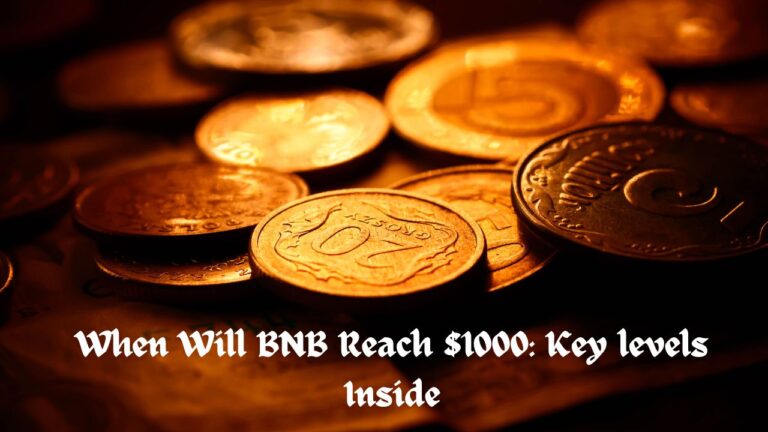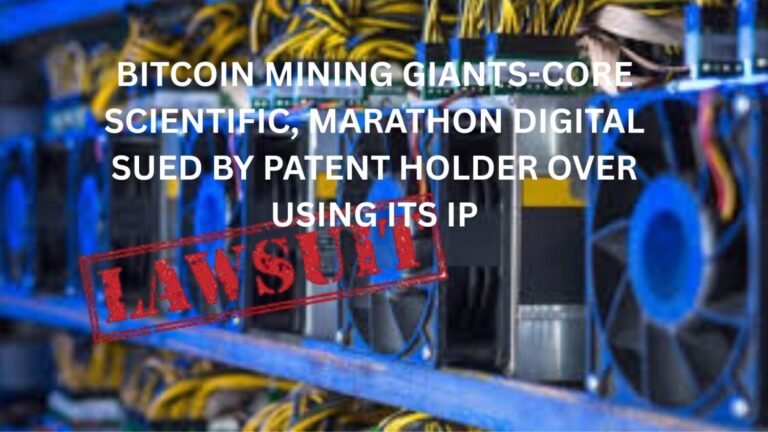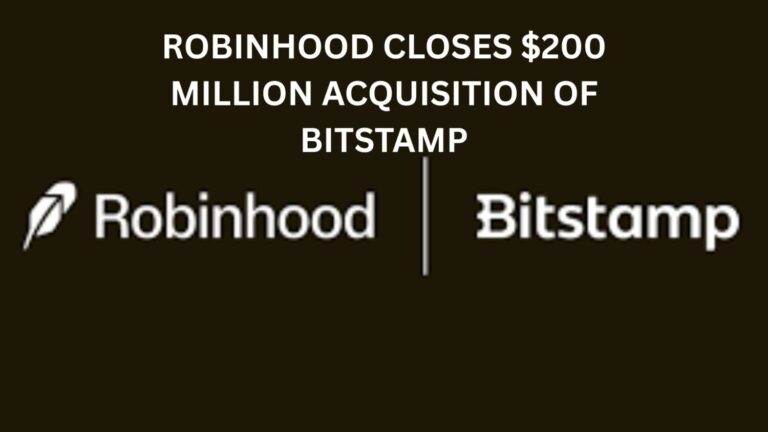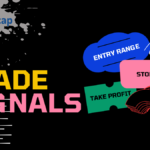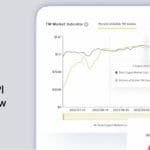Key takeaways:
- The 3D gaming technology firm emphasizes Web3 tools for its sizable community of game developers.
- The 13 “vetted” cryptocurrency platforms introduced to Unity’s Asset Store included the blockchains Solana and Tezos.
Unity, one of the most widely used game development tools, has introduced a “decentralization” category to its Asset Store to highlight the various Web3 tools and protocols developers can incorporate into their video games.
To assist developers looking to incorporate decentralization into their projects, Unity announced on February 28 that it had launched a new “Decentralization” category page in its asset shop with “vetted” crypto platforms.
Thirteen different “verified solutions” that Unity claims to have examined for developer use are listed on the website. One of the 13 platforms included in the store was MetaMask, a provider of cryptocurrency wallets. Its Software Development Kit (SDK) was added to assist developers in enabling users to link their MetaMask wallet to “any game developed on Unity.”
For those wanting to create Web3 games on the Ethereum blockchain, blockchains like Solana and Tezos and the developer platform Immutable X added their SDKs to the store.
According to Unity, the integrations will allow developers to change the “models of ownership” in games and let players build, earn, or obtain in-game resources that can be later traded or sold.
A recent DappRadar report showed that gamers accounted for roughly half (48%) of all blockchain engagement in January 2023. Furthermore, the article claimed that as Web3 gaming has become more widely accepted, there has been an increase in interest in gaming tokens.
Unity’s interest in and adoption of Web3 gaming tools is a significant and essential move for the future of blockchain games. The Sandbox, Decentraland, and Dogam, three Web3 games, were all created using the Unity game development platform, which is used by many independent game creators.
Companies with a public face must create the Web3 tools, have reliable features and support, and be constantly maintained by their developers for Unity to verify them as legitimate, reliable, and evolving, according to the company’s website.
The Asset Store for Unity allows developers to add any of the 13 Web3 gaming tools directly to projects, adding another layer of adoption simplicity by eliminating the need to search through external websites to discover tools. The blockchain tools can also be rated by developers on a range of one to five stars, just like the other items in the store.

